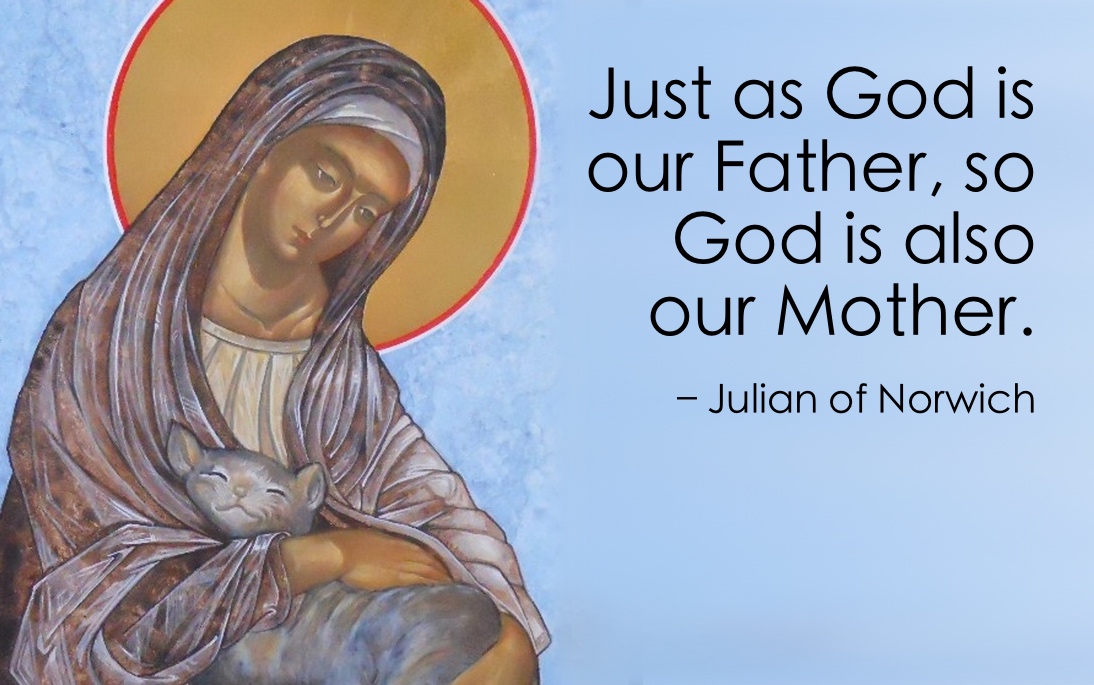
There is a scene very near the start of the first Lord of the Rings movie, The Fellowship of the Ring, when the hobbit Frodo Baggins meets up with Gandalf the wizard. According to Frodo, Gandalf has been officially labelled as a ‘disturber of the peace’. Based on the events of Pentecost and beyond, I wonder if this isn’t also a good description of the Holy Spirit.
When we think about God’s Spirit, we’re more likely to think in terms of the Spirit being our Comforter or Helper or the one who gives us peace. Those of us in the Uniting Church might also recall the Spirit coming upon Jesus at his baptism in the form of dove, a symbol that appears in the centre of the Uniting Church logo.
Yet even the dove symbol is also a red flame, reminding us of Pentecost where tongues of fire were seen to rest on each person as a sign of the coming of the Spirit. Fire may provide warmth on a cold night, but fires can also be wild and unpredictable, like the wind which is another symbol of the Spirit that features in the Pentecost story.
When the Spirit comes at Pentecost, the disciples are disturbed, their neighbours are disturbed and indeed the whole city is disturbed. Later in the book of Acts, some Christian missionaries are accused of turning the world upside down. It seems to me that in Luke’s telling of the story of the emerging Christian movement, the Spirit stirs and disturbs and sends people out much more than comforts. I wonder if that is why we are cautious to embrace this day more fully and the ramifications for what it might mean for our mostly comfortable life as the church. Are we prepared to be disturbed and shaken out of our apathy?


